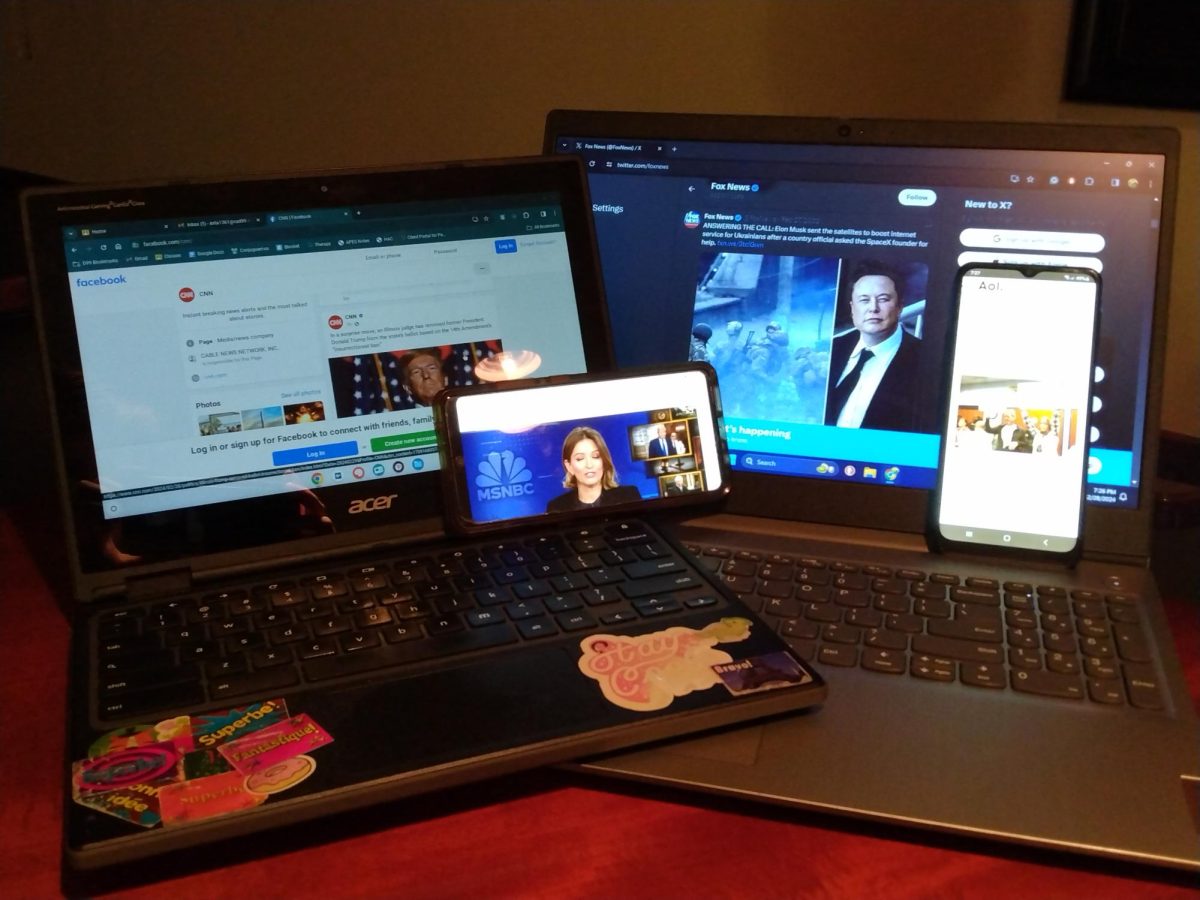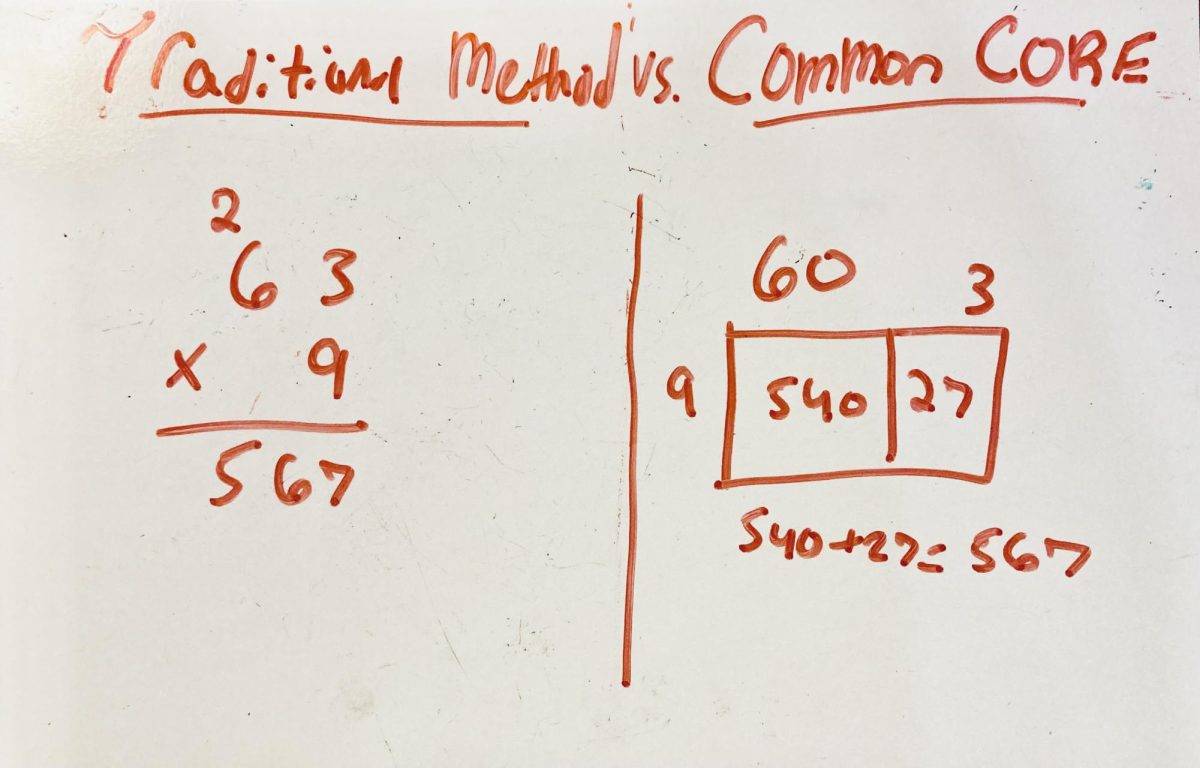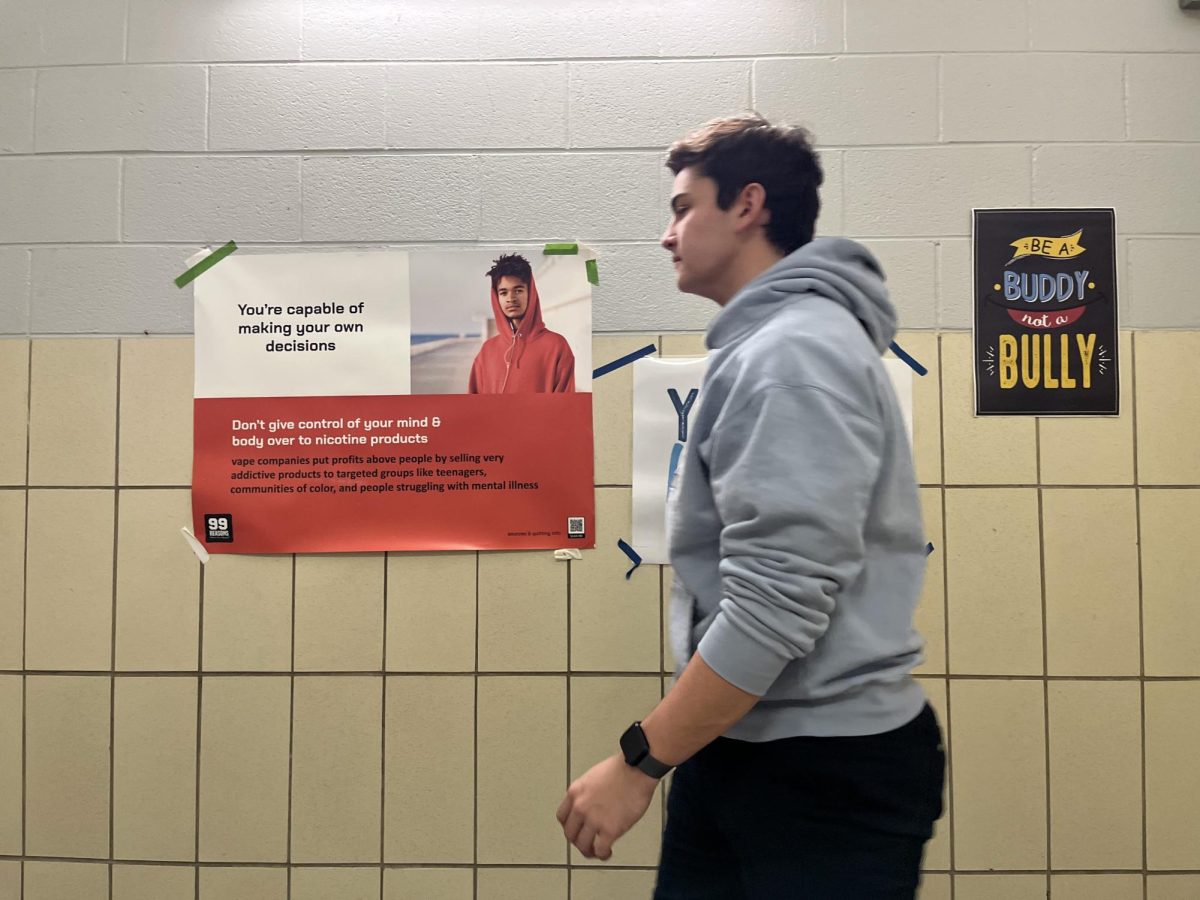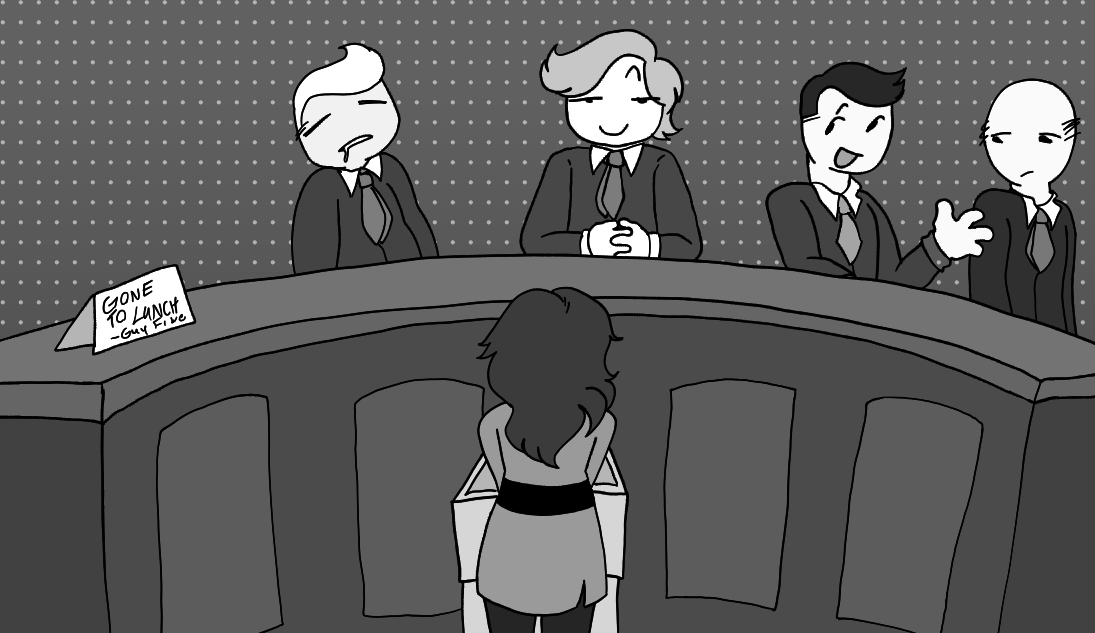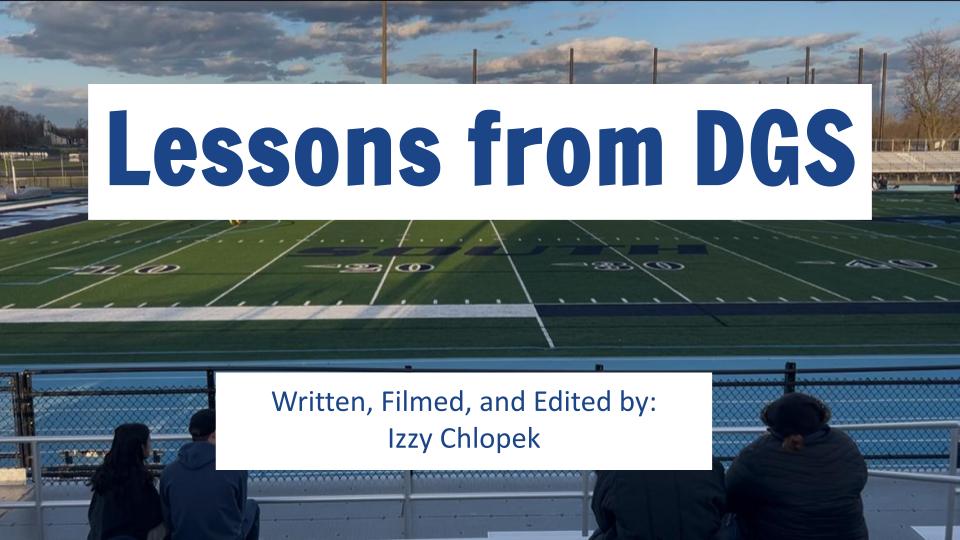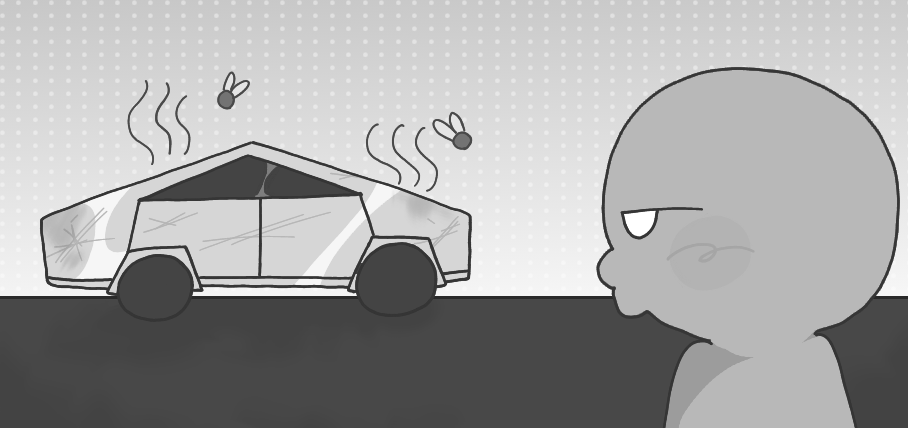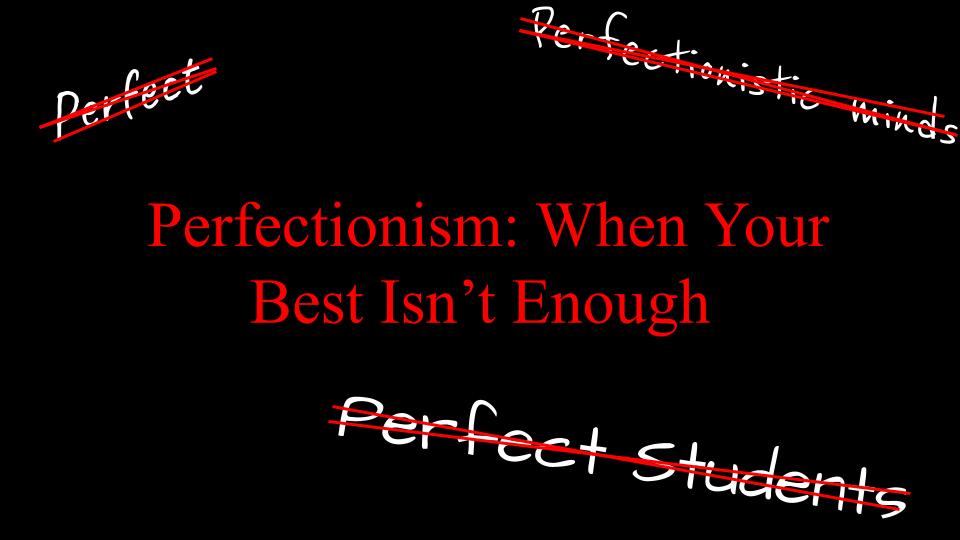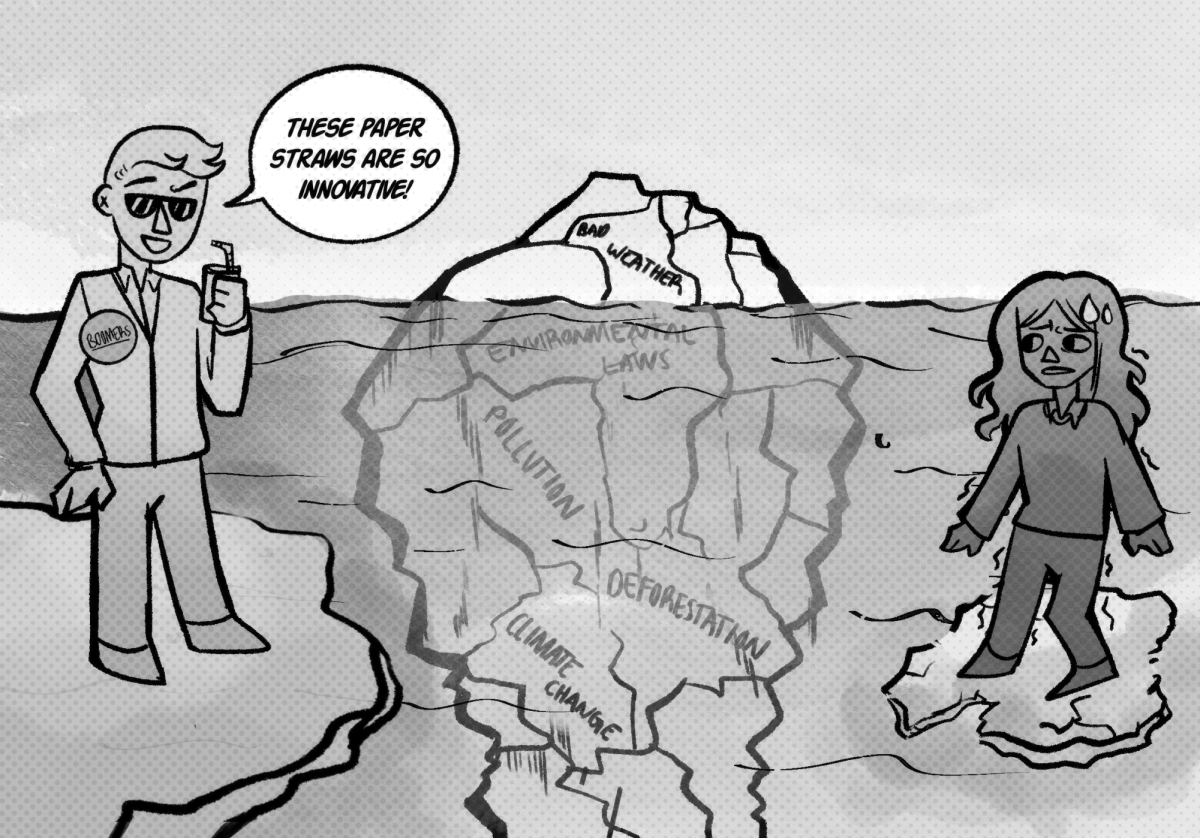Across the world, Generation Z is united by one overarching principle-apathy. A generation born into a world scarred from climate change, terrorism, the worst financial disaster since the Great Depression, a growing wealth gap, an opiate crisis and so much more, threw its hands up and walked away from it all. Today, these disasters are so baked into our mind that the thought of solving them is laughable.
The principal cause of this apathy is social media and how it’s changed our consumption of the news. Scrolling through a phone, one is bombarded with the most recent tragedies and global disasters at a nauseating level. Before one can even process the “once in a decade disaster,” they are swarmed by another dozen.
This distillation of the media places consumers on a boat in the middle of a storm. They are thrown about haphazardly, lacking all composure, and it diminishes the sense of power people have to nothingness, making one feel as though they are watching the world around them deteriorate without any way to save it. It’s a brutal cycle that relies on people’s first instincts of anger, disgust or sadness, which turns out to be extremely addictive for users of social media.
This constant barrage of negative emotions has eroded the public’s confidence in institutions to unmanageable levels, and crumbled any conversation about solving the problem to an afterthought. With a media cycle that is rapidly changing every minute of the day, there is no time to linger on a topic long enough to find a solution; it’s all about the next story, next like, next share, next reaction.
It’s a grueling cycle that has produced a generation so apathetic to the world around them that they no longer see the value in saving it. It’s created a self-fulfilling prophecy-people turn away from fixing the world, and so it is destined to worsen. Additionally, it’s given rise to extremists who offer to destroy everything, which is appealing to a generation who has been taught to hate everything around them.
Unfortunately, there’s no quick fix to this deep chasm that’s been dug. It took humanity nearly two decades to create this world for ourselves, and that’s not going to revert back suddenly; instead, it’s going to require deliberate and conscious effort from each individual and society at large.
On the micro-level, people can altogether reject or mitigate technology’s addictive qualities. There are a ton of suggestions about how one can best go about doing this, but it’s oftentimes best for each individual consumer to identify their own solutions.
From using a gray-scale to remove the luring bright colors, to refusing to post or comment, there are ways for every user to change their relationship with their technology. One might even consider deleting one or multiple social media apps, even if temporarily, to experiment how necessary it is to engage with that community.
On the macro level, governments must regulate social media companies effectively to protect users. Cracking down on children’s overuse of technology, mending algorithms to disincentivize hate speech and negativity and slowing down the flood of misinformation, as well as the flood of over-informing, are essential to changing the internet’s environment. Most importantly though, these monopolies must be broken up to protect consumers and end malpractice.
In 1984, the United States broke up AT&T for its monopoly over the cellphone and cellular network industry. Economists credit this antitrust lawsuit for the supercharged technological innovation over the next decade, which was unleashed when AT&T no longer had the power to suppress improvements and new products from launching. What the government did to AT&T must once again happen to these social media giants-boosting competition towards a more friendly site for consumer’s privacy, data and mental health.
These corporations now control so many facets of people’s lives that they are almost too large to fail. That creates a silent acceptance towards their corruption, malpractice and dangerous algorithms. Breaking that silence and demanding reform is the only way to break this pandemic of apathy in the world.
In doing so, humanity will open a floodgate of creativity and innovation that address the world’s most pressing catastrophes. For too long, hope and courage have been cast away for anger and resentment, a direct result of social media’s control.
The time has now come for people to shed their pessimism and embrace the outlook that the world can improve, should improve and must improve. Anything less than this will insure that a generation will be utterly convinced that the world around them is not worth saving.

